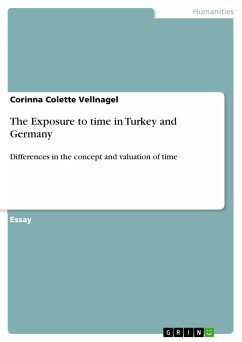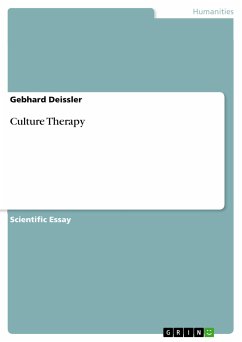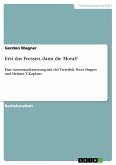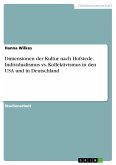Essay from the year 2012 in the subject Cultural Studies - Basics and Definitions, grade: A, University of Otago (Applied Management), course: Event Planning and Management, language: English, abstract: This research critically evaluates the value of events to cultural tourism from a cultural values perspective and how it reaffirms and celebrates cultural identity using two of the biggest beer festivals in Germany as examples. Germans are justifiably proud of their great beer history and longstanding beer tradition and beer is even considered the country’s national drink. The Oktoberfest in Munich, which is the biggest and certainly most famous beer festival of all, attracts millions of tourists from all over the world and started traditionally as a royal wedding celebration. Erlangen, a small town in the northern part of Bavaria has been celebrating the Bergkirchweih for centuries, a beer fest that celebrates the culture and the traditional customs of beer brewing. Cultural tourism can be defined broadly as the commercialised manifestation of the human desiring to see how others live. Cultural identities come from somewhere, have histories, but like everything which is historical, they undergo constant transformation. A more fastidious and sophisticated tourism demand has emerged, looking for more complex tourist product than just a "sun, sea and sand" holiday package. Such trends have encouraged development of many diverse activities for tourists wrapped in various forms of special interest tourism, such as cultural tourism. There is to say that the concern of tourism creating a false cultural identity of the host population became true when looking at the Oktoberfest, while the Bergkirchweih managed to reinforce the area’s indigenous cultural identity better. But of course, tourism development always involves the risk of an alteration in the local cultural identity. It is certainly not possible to achieve both a cultural significance and growing visitor numbers.









